Heat pump technology has been a game-changer in the HVAC industry, offering efficient heating and cooling solutions for homes and buildings. The emergence of magnetic heat pump technology has sparked curiosity and interest among consumers and industry professionals alike. This innovative approach utilizes magnetic fields to transfer heat, promising higher efficiency and lower operating costs. In this post, we will research into the intricacies of magnetic heat pump technology, explore its benefits, potential drawbacks, and ultimately answer the question – is investing in magnetic heat pump technology worth it?
Fundamentals of Magnetic Heat Pump Technology
The Science Behind Magnetic Refrigeration
Before delving into the intricacies of magnetic heat pump technology, it is important to understand the science behind magnetic refrigeration. This revolutionary technology is based on the magnetocaloric effect, which is the phenomenon where materials heat up when exposed to a magnetic field and cool down when removed from it. By exploiting this effect, magnetic heat pumps can efficiently transfer heat without the need for environmentally harmful refrigerants like CFCs or HFCs.
Key Components of Magnetic Heat Pumps
On the other hand, the key components of magnetic heat pumps include a magnetocaloric material, a heat-transfer fluid, and the magnetic field source. The magnetocaloric material alternately absorbs and releases heat as it moves through a magnetic field, while the heat-transfer fluid facilitates the transfer of heat to and from the material. The magnetic field source, typically in the form of permanent magnets or electromagnets, controls the cycling of the magnetocaloric material to enable the heat pump’s operation efficiently.
For a magnetic heat pump to function effectively, the magnetocaloric material must possess a high magnetocaloric effect, allowing it to undergo significant temperature changes in response to the magnetic field. Additionally, the heat-transfer fluid should have excellent thermal properties to ensure efficient heat exchange throughout the system. The magnetic field source must be capable of generating a strong and uniform field to enable consistent and reliable heat transfer processes.
Economic Analysis of Magnetic Heat Pump Technology
Initial Investment Costs
Clearly, one of the major considerations when evaluating the viability of magnetic heat pump technology is the initial investment costs. While magnetic heat pumps can be more expensive to install compared to traditional heating and cooling systems, the long-term benefits and energy savings can often outweigh the upfront expenses.
Long-term Savings and Return on Investment
Any discussion surrounding magnetic heat pump technology must address the long-term savings and return on investment. While the initial costs may seem daunting, the efficiency of magnetic heat pumps can lead to significant savings on energy bills over time. In addition, the potential for reduced maintenance and the longer lifespan of these systems contribute to a favorable return on investment.
It is important to consider the overall cost of ownership when evaluating the economic feasibility of magnetic heat pump technology. By factoring in energy savings, reduced maintenance costs, and potential incentives or rebates, the long-term return on investment can make magnetic heat pumps a financially sound choice for both residential and commercial applications.
Environmental Impact and Energy Efficiency
Reduction of Greenhouse Gas Emissions
Environmental impact is a critical factor when considering investing in magnetic heat pump technology. Unlike traditional HVAC systems that rely heavily on fossil fuels, magnetic heat pumps significantly reduce greenhouse gas emissions. By harnessing renewable energy sources such as solar or wind power, these systems operate more sustainably, helping to combat climate change.
Comparison with Traditional HVAC Systems Efficiency
Environmental efficiency is a key advantage of magnetic heat pump technology over traditional HVAC systems. While conventional systems have an average efficiency rating of 8-10 SEER (Seasonal Energy Efficiency Ratio), magnetic heat pumps can achieve up to 12-15 SEER. This table provides a comparison between the two technologies:
| Parameter | Magnetic Heat Pumps |
| SEER Rating | 12-15 |
| Greenhouse Gas Emissions | Significantly lower |
Efficiency is not just about energy savings but also reducing the overall environmental impact. Magnetic heat pumps outshine traditional systems in both performance and sustainability, making them a worthwhile investment for eco-conscious consumers.
Market Potential and Future Prospects
Current Adoption and Industry Response
Prospects for magnetic heat pump technology are promising but still in the early stages of adoption. Industry players are showing increasing interest in this technology due to its potential to revolutionize heating and cooling systems with its energy-efficient and environmentally friendly attributes.
Predictions for Technological Advancements and Market Growth
Industry experts predict significant advancements in magnetic heat pump technology, leading to widespread adoption across various sectors. As research and development efforts continue to enhance the efficiency and capabilities of magnetic heat pumps, the market is expected to see substantial growth in the coming years.
Current magnetic heat pump systems are already demonstrating impressive performance in terms of energy efficiency and reduced carbon emissions compared to traditional heating and cooling methods. As advancements in materials science and engineering continue to drive innovation in this space, the future looks bright for magnetic heat pump technology in revolutionizing the HVAC industry.
Summing up
Drawing together all the benefits and considerations, investing in magnetic heat pump technology can be a worthwhile decision for those looking to reduce energy consumption, lower utility costs, and decrease their carbon footprint. While the initial investment may be higher than traditional heating and cooling systems, the long-term savings and environmental impact make it a valuable choice for many homeowners and businesses. As advancements continue to improve the efficiency and reliability of this technology, it is likely to become an increasingly attractive option in the future. Overall, magnetic heat pump technology is a promising innovation that offers both economic and environmental benefits, making it a solid investment for those seeking sustainable heating and cooling solutions.
Related Posts
 Understanding The Cost Savings Of Heat Pumps – A Closer Look
Understanding The Cost Savings Of Heat Pumps – A Closer Look
 Are Piezoelectric Heat Pumps A Viable Alternative For Heating?
Are Piezoelectric Heat Pumps A Viable Alternative For Heating?
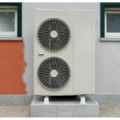 Can Geothermal Heat Pumps Revolutionize Your Home Heating?
Can Geothermal Heat Pumps Revolutionize Your Home Heating?
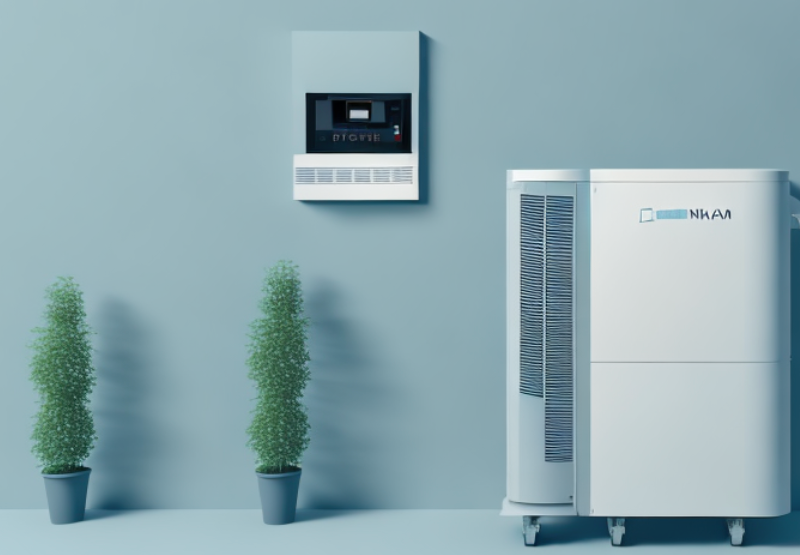 5 reasons why Nilan heat pumps are popular
5 reasons why Nilan heat pumps are popular
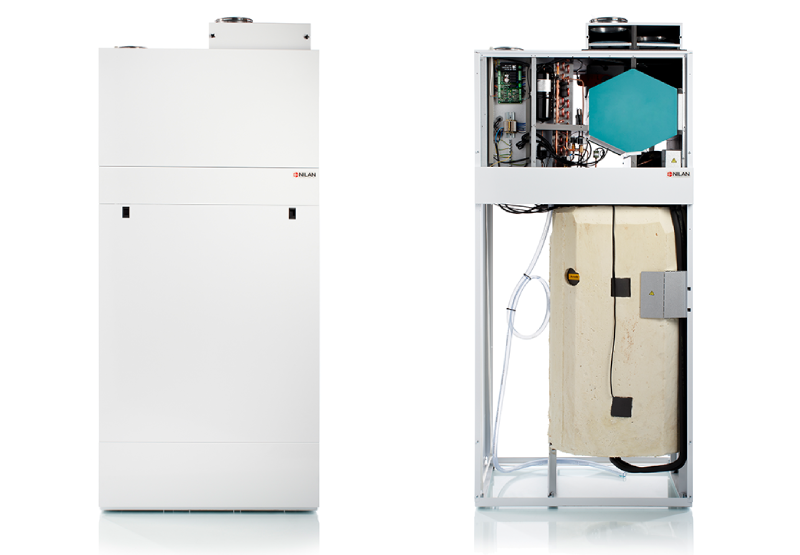 Nilan Compact P Air 9 – A Feature-Packed Ventilation Unit for Homes
Nilan Compact P Air 9 – A Feature-Packed Ventilation Unit for Homes
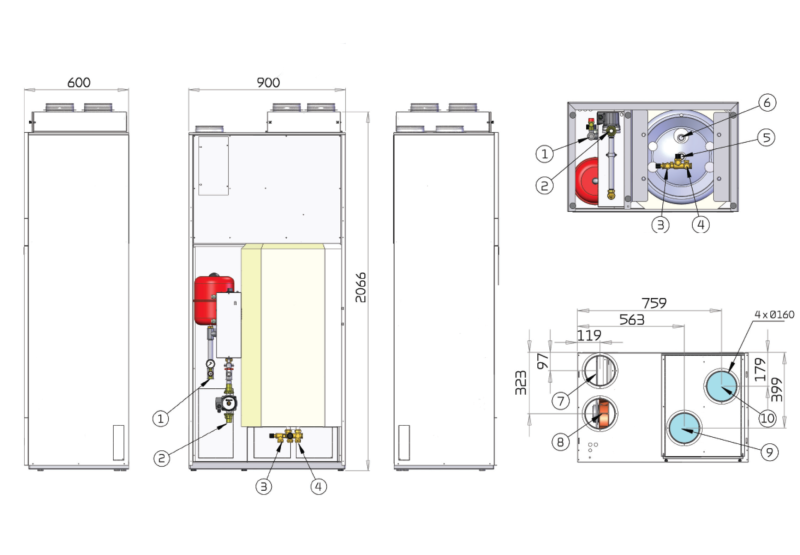 Nilan Compact P EK: A Revolutionary Ventilation System for Modern Buildings
Nilan Compact P EK: A Revolutionary Ventilation System for Modern Buildings
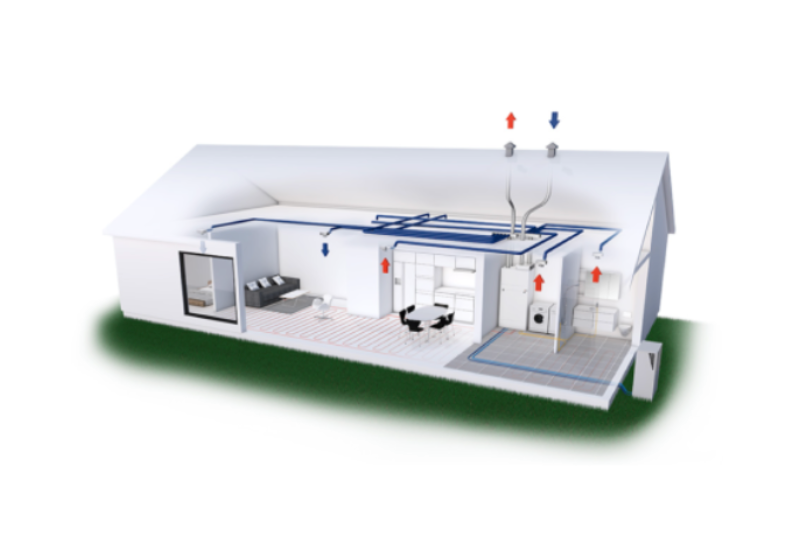 5 Benefits of a Heat Pump – All Explained
5 Benefits of a Heat Pump – All Explained
 Expert Advice On Choosing The Right Nilan Supplier For Your Project
Expert Advice On Choosing The Right Nilan Supplier For Your Project
 Top 10 Benefits Of Working With A UK Ventilation Supplier
Top 10 Benefits Of Working With A UK Ventilation Supplier
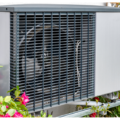 What Makes Sorption Heat Pumps Stand Out From Traditional Options?
What Makes Sorption Heat Pumps Stand Out From Traditional Options?

